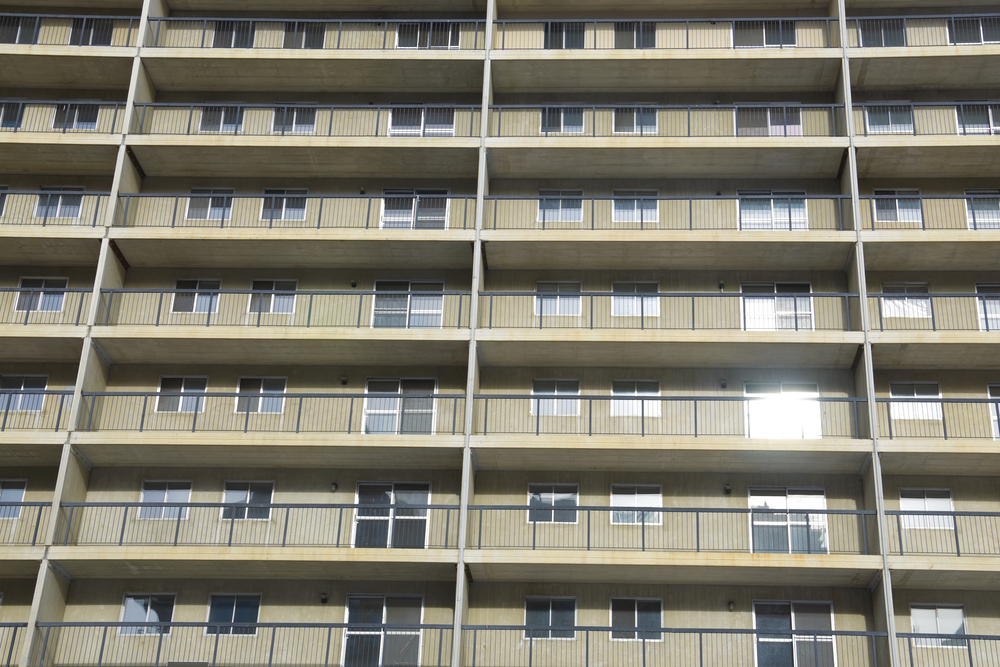A $1-billion federal grant program for the rapid construction of 3,000 units of affordable housing attracted interest from so many groups that hundreds of viable projects won’t make the cut. The possibility of a renewed RHI program has led housing groups to propose improvements to the hugely popular initiative in anticipation of a second wave of construction to meet the basic needs of Canadians.
When the Trudeau government launched the Rapid Housing Initiative on Oct. 27 2020, budgeting $1 billion in grants to build 3,000 affordable housing units within a year, the news was applauded across the Canadian community housing landscape. With an application deadline of Dec. 31, the biggest worry was whether cash-strapped community organizations in mid-pandemic could pull it off and get high-quality applications in under the wire.
Well, those worries were for naught. “The 670 applications [submitted] and the $4.2 billion requested demonstrates both the immense need and the incredible capacity of community providers to act in just 62 days to respond to simple programs like that of the RHI,” observes Stéphan Corriveau, executive director of the Community Housing Transformation Centre.
And those numbers only represent the community component of RHI, which was split into two streams. $500 million was set aside for 15 major municipalities, and the same amount was allocated to the “projects” stream, which included proposals from non-profit organizations, Indigenous governing bodies and organizations, as well as provinces, territories, and smaller municipalities.
The Centre assisted 43 of those applicants by providing $1.64 million to help finance studies, consultations or other prep work required to submit a solid proposal. Those projects alone embodied the creation of nearly 1,900 units — more than the 1,500 allocated to the entire second stream.
“The RHI was a great start, a huge step forward for which we applaud Ottawa and the CMHC,” says Corriveau. “But what this huge response illustrates more than anything else is the profound need across the country to build homes for people who can’t afford a decent place to live.
“It also shows that the community-housing sector has really got its act together. Some organizations sprinted like Christine Sinclair to the soccer goal for the chance to give just 5 or 10 or 12 more families a place to call home. I can’t tell you how proud that makes me.”
With demand for the RHI funds outstripping supply ten-fold, Corriveau is hopeful that hints that the RHI may be renewed are true. The CMHC has not completed its analysis of the 670 first-round applicants, but Corriveau is asking that any applicants which miss the 2020 program cut be “grandfathered” into the next one, so they aren’t forced to reapply.
That’s a sentiment shared by the Canadian Housing and Renewal Association, which held a joint online consultation with the Centre on Feb. 8 to ask for feedback from groups which applied, which were ineligible because of program criteria, or which simply couldn’t meet the tight deadline. In all, 155 people participated in the virtual meeting.
Enhance and simplify
In a letter sent Feb. 25 to the cabinet minister responsible for housing, Ahmed Hussen, CHRA executive director Jeff Morrison highlighted the need for a second round. “Clearly this would be good news, and something that CHRA and other partners have requested, especially given the significant interest in the first round of the program.”
Talking about the feedback received in the consultation, Morrison noted that “although there was a strong consensus that the RHI is welcome and that CMHC staff were very helpful in assisting housing providers in completing applications,” the CHRA had several recommendations for changes that “could improve the program as part of a potential second round – measures that could enhance access to the program and simplify the application process.”
Among those suggestions was that CMHC keep unsuccessful applicants in the queue for Round 2. “We know that many applications received by CMHC in Round 1 will not be successful given the overwhelming response. […] Applicants would need to confirm their intent to be grandfathered to a second round; but otherwise their applications would not need to be revised or resubmitted.”
Other changes requested included:
- Extending eligibility to acquire existing residential properties. The 2020 program was limited to re-purposing non-residential buildings, “despite the fact that [residential] properties would be better suited for conversion to new affordable housing, and at a lower per unit cost when compared to new construction.”
- Establishing an earmark for urban, rural and northern Indigenous housing. The 2020 RHI set targets rather than dedicate a portion of funding for Indigenous needs, “so that the disparities facing URN Indigenous peoples can be addressed. An earmark would also address the higher costs and challenges to build housing in Canada’s north.”
In conclusion, Morrison wrote, “you’ll note that many of these recommendations are meant to refocus the RHI to be less prescriptive and more focused on the intended outcomes of the program, which is a theme we would like to reinforce. Housing providers have the experience and expertise to implement and operate affordable housing in a cost-effective manner.”
For Corriveau, the urgency to act didn’t start with the pandemic, nor will it end once the virus is gone.
“Tonight, 35,000 of us are facing sundown with a terrible mix of apprehension, fear and despair, because they will have no safe place to sleep. For them, the night will be darker, colder and more threatening than for the vast majority of the 38 million people who share this land.
“Solving that problem isn’t rocket science, all it takes is a bit of bricks and mortar, plus a touch of social support. The first iteration of the Rapid Housing Initiative proved to be a fantastically successful pilot project that generated 3,000 new homes. Repeat that operation once a month until each of us can sleep safe at night and … voilà!, problem solved.”



